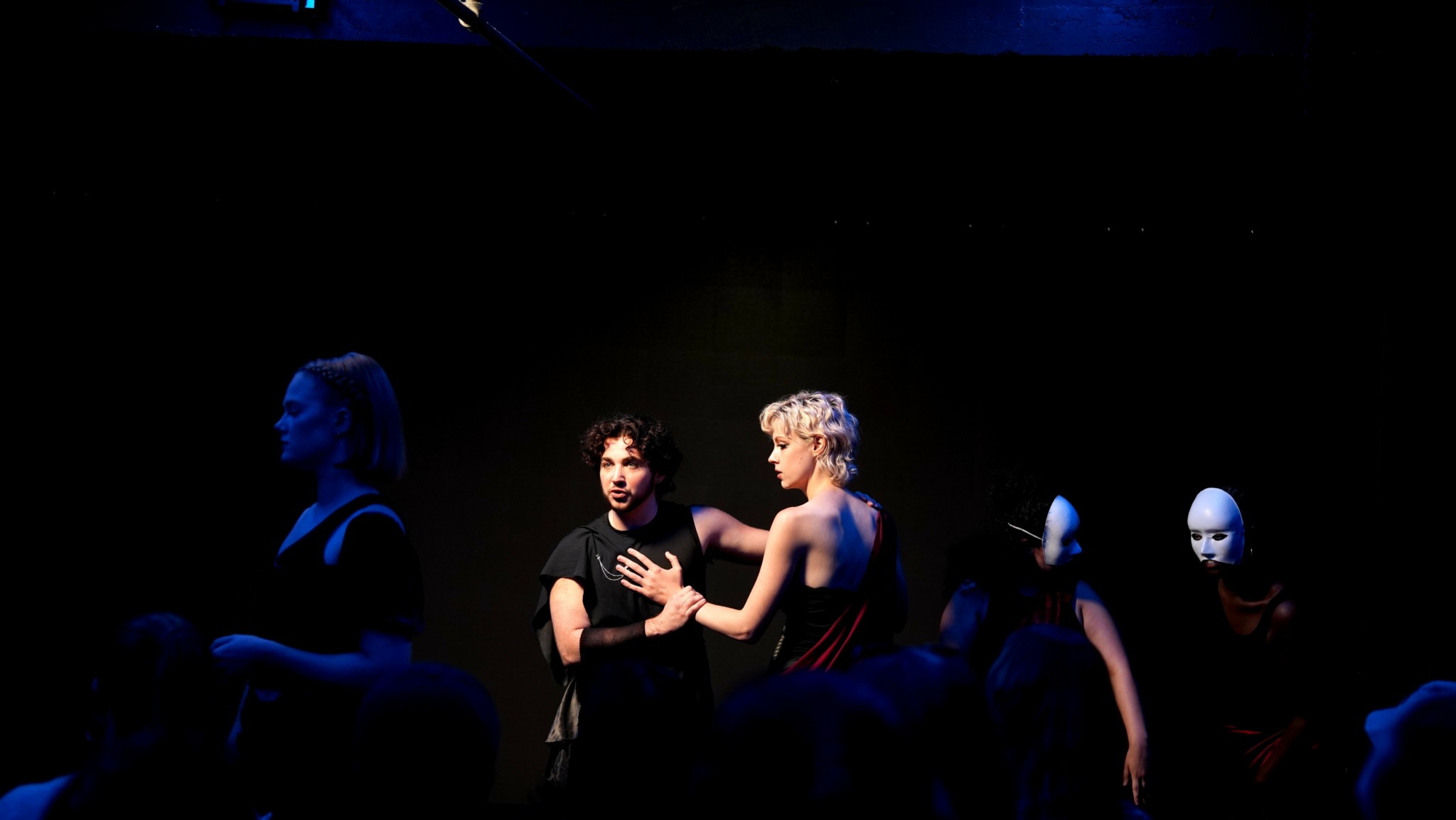Alright – so today we’ve got the honor of introducing you to Ronan Kelly. We think you’ll enjoy our conversation, we’ve shared it below.
Ronan, appreciate you joining us today. Can you talk to us about a project that’s meant a lot to you?
This August, my production of Julius Caesar opened at Fount Studios NYC for a limited 2-night run. This project had been my entire life for three months as I directed, solo-produced, and prepared to play the role of Brutus. Caesar marked my directorial debut, as well as my first time ever producing a play (or anything else, for that matter). With an immensely talented cast of actors gracing the stage, an original score by composer Peter Lu, and an atmospheric, seductive quality, this rendition of Caesar was everything I could have hoped for and more.
This production was sparked by a lifelong fascination with Rome’s bloody pivot from Republic to Empire. Through my personal study of Classical History, I have long found myself drawn to the era surrounding Caesar’s rise to power and his eventual downfall and ensuing civil war, not only for the political intrigue it provides, but the fascinating relational elements that contribute to historical accounts. The historically ambiguous, yet undeniably profound relationship between Julius Caesar and his mentee and traitor, Marcus Brutus, has captured my imagination for years. The depth of the relationship, mirrored in the weight of Brutus’ betrayal, has left a mark far outside the scope of Roman history. I’ve always found it so fascinating that Dante condemns only two men to the first circle of hell; Judas Iscariot and Marcus Brutus. Shakespeare’s characterization of Brutus, drawn from Plutarch’s historical biography of the man in his “Lives,” is a far more sympathetic approach. He characterizes Brutus as a deep-feeling, loving man who has to make the choice between his country, honor, and legacy and the man that has been his closest friend (and maybe more) for years. Whether listening to Dante or Shakespeare, the weight of Brutus’ betrayal is known almost ubiquitously. What has always fascinated me, then, is the nature of the relationship that could lead to such a deep betrayal. This staging was an exploration of a romantic connection between Julius Caesar and his traitor, drawing out the ambiguous language of love that Shakespeare provides in his text. As such, this rendition of Caesar was a play of envy, seduction, and deep passion. It brought to life a Caesar that was ruled by love as well as ambition and a Brutus who retained an element of softness until the gravity of his own actions took hold.
This production served as a developmental rendition of this staging, scratching the surface of how seduction and all types of love might involve themselves in this Roman tragedy. For me, it was a culmination of some of my dearest held passions; Shakespeare, Roman history, and potentially enraging traditional scholars with queer interpretations of history. The staging itself took an atmospheric, haunting approach. The cast utilized masks to evoke the aesthetics of Ancient Greek Drama and create the ambiguity of a massive crowd; the audience itself was addressed as Romans, involving them in the stakes of the political turmoil. The soundscapes created by composer Peter Lu allowed for a vast emotional exploration that ensnared all senses from start to finish. The cast themselves, comprised of extraordinarily talented emerging artists from across New York and beyond, stunned and moved each night’s audience to tears, gasps, and exclamations.
While the external success and positive feedback from audience members is exhilarating, the most rewarding part of this entire production was getting to share my vision of Julius Caesar and watch these incredible artists, my cast and crew members, take it and turn it into something even better than I could have imagined. I witnessed first hand the power of collaboration; each person involved in the project added something novel that elevated the play beyond my expectations. I am so honored that each and every one of my teammates would dedicate their time and energy to this show. I found directing to be a very humbling experience; to have people I so deeply admire and respect place their faith in me to lead them is, I’ll admit, daunting–but it is also perhaps one of the most magical things I have ever experienced. This process made me fall in love with theater all over again. I am so grateful to everyone who contributed or came to witness what we made.
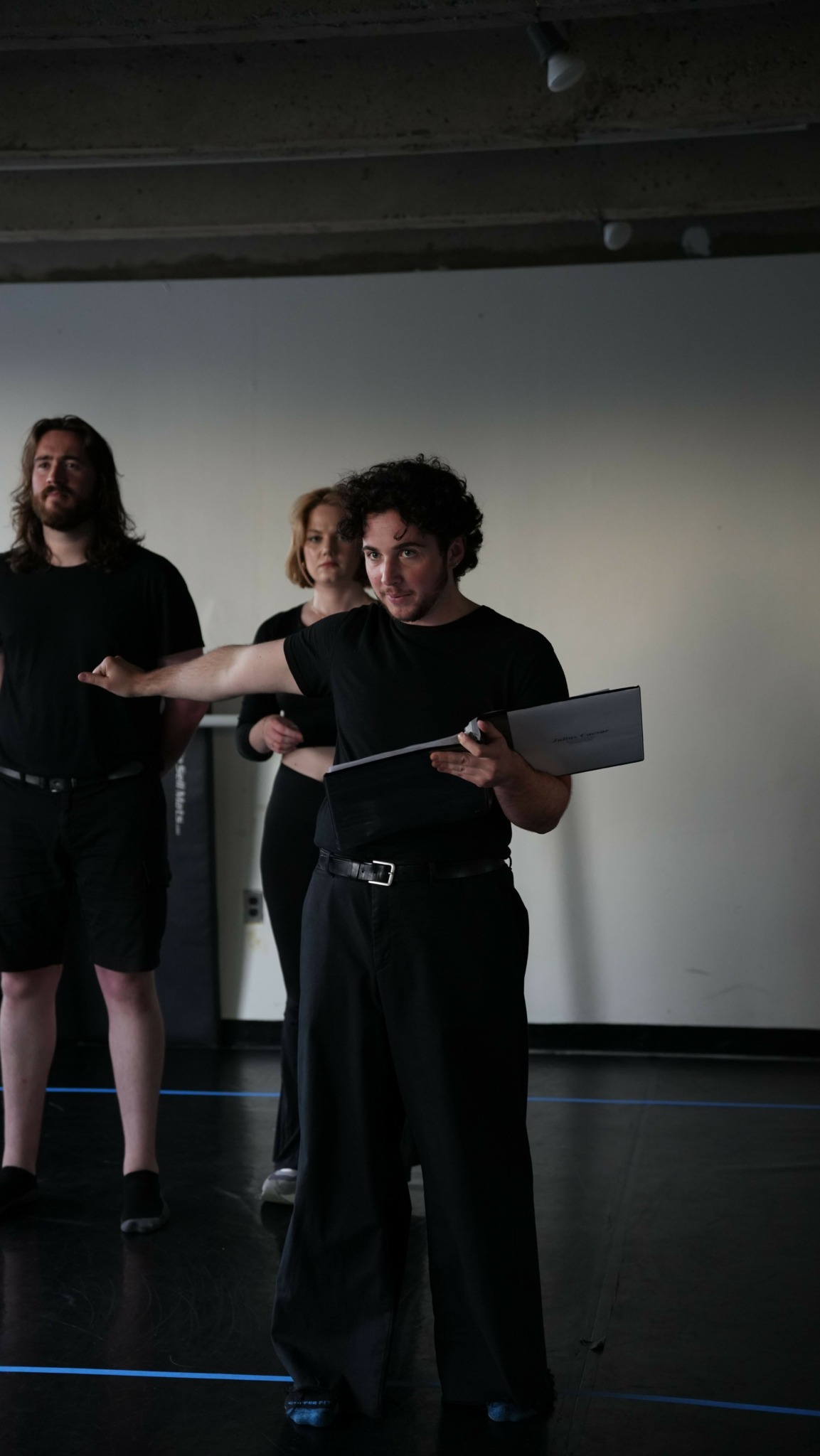
Great, appreciate you sharing that with us. Before we ask you to share more of your insights, can you take a moment to introduce yourself and how you got to where you are today to our readers.
Hello, my name is Ronan. I was thrust into theater at a young age and my penchant for “hamming it up” onstage (as my parents would say) turned into a lifelong addiction to performance. I have been acting professionally for over a decade across theater and film and have returned to New York after a year-long sojourn in Los Angeles, working as a 1st Assistant Director on multiple film and commercial projects, My time in production gave me the logistical experience and knowledge required to step into self-producing, an invaluable skill in the current shifting landscape of the entertainment industry. I have an academic background in Classics and Anthropology, which more often than not is deeply embedded in my creative work.
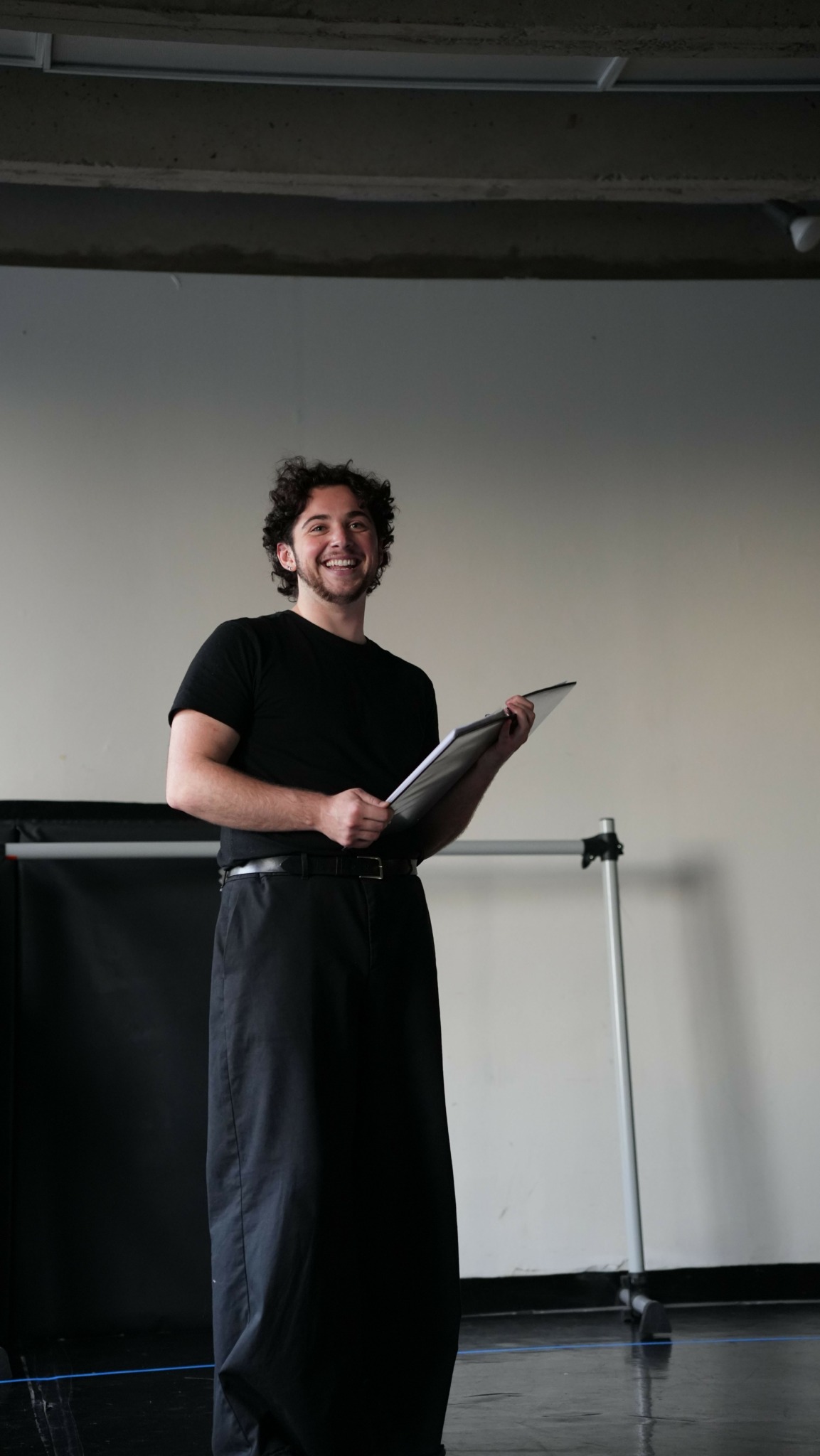
Is there a particular goal or mission driving your creative journey?
My work often surrounds questions of legacy, history, and tradition; how I, my communities, and the stories we tell fit themselves into the historical record and the overall tale of humanity, of the world. I am fascinated by, to be frank and vague at the same time, why we are the way we are. What moves us to action, to routine, to fight wars and build cathedrals and fall in love? On a higher level, too, how do we justify and elucidate these impulses? I am obsessed with unpacking the stories that people have told themselves, collectively and individually, to process and explain the things they observe and contribute to the world. Mythology, folklore, history, fantasy; each story told reveals a truth about both author and audience. To put it simply, I am curious. To put it truthfully, I am obsessed with carving my way into an understanding of something real, something truthful, about what it means to be human and to exist in this strangely interconnected world.
My art, whether it be diving into the psyche of a character, interpreting a work for direction, or writing a new work, is always a living exploration. Frequently, I find myself asking more questions about a work than I ever find myself able to answer, and I find it far more interesting that way. I want to remind people, through witnessing a work of theater or film, that we are alive, and we exist within a long lineage of life and love on this planet. I have found so much belonging, understanding, and fulfillment through my experiences with history and art. I aim to create experiences and pieces that conjure the same feelings, that can bring people into a deeper understanding of themselves, others, and ultimately, the world.
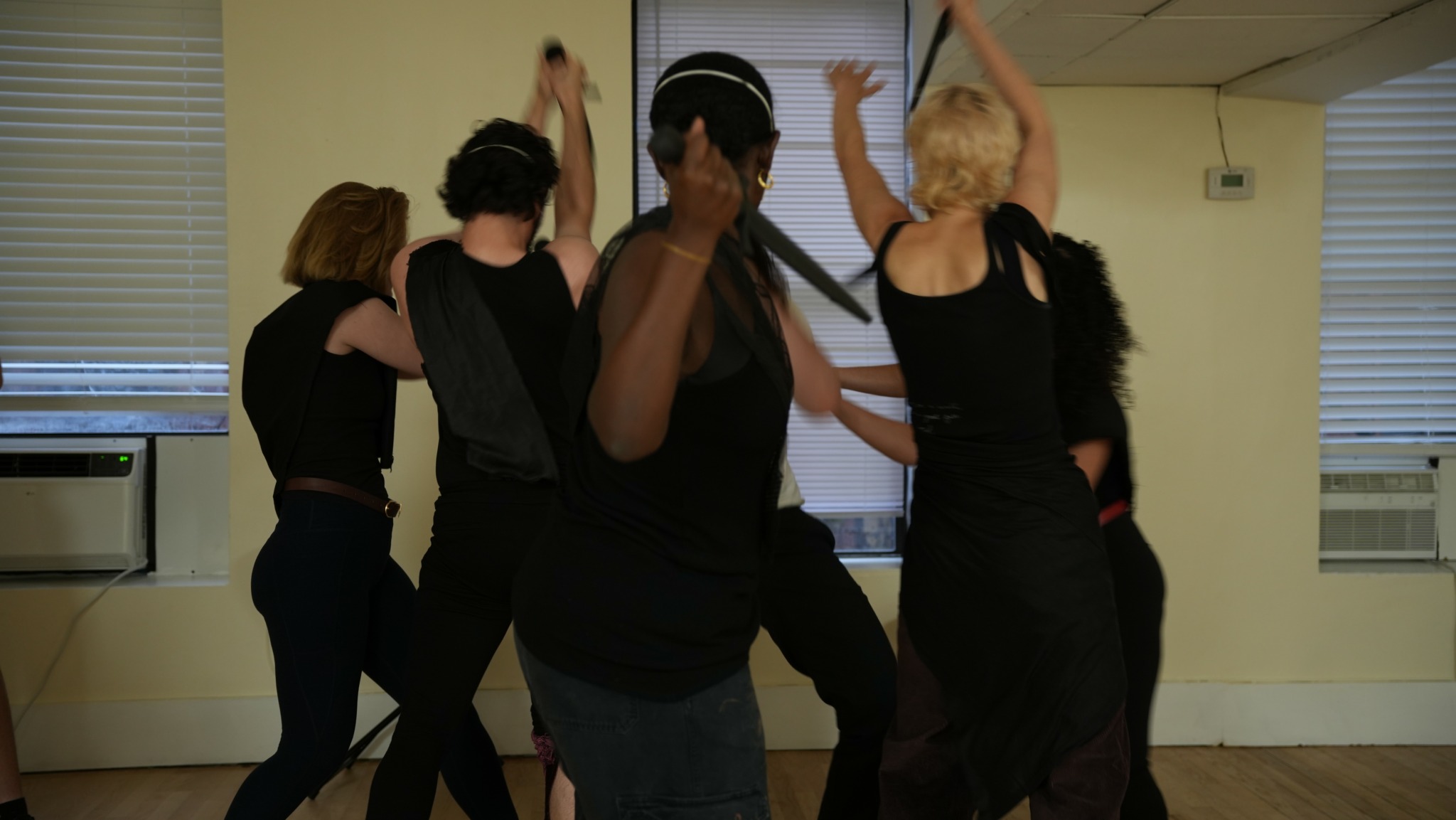
Are there any books, videos, essays or other resources that have significantly impacted your management and entrepreneurial thinking and philosophy?
I have an ongoing list of books and essays that I consider “My Bibles;” pieces of work that have shaped who I am both as an artist and a human being, that continue to serve as my guiding lights as I navigate my work. From an artistic standpoint, I am greatly influenced by Just Kids (Patti Smith), The Artist’s Way (Julia Cameron), Create Dangerously (Albert Camus), A Theater of Envy (Rene Girard), The Empty Space (Peter Brook), Greenlights (Matthew McConaughey), and The War of Art (Steven Pressfield). Each of these has broadened my way of looking at the way I create and the way I choose to live my life. While the more expository pieces in this selection have helped me in a very tactical way, memoirs like Just Kids and Greenlights have given me guidance, hope, and inspiration.
I have also struggled with mental health issues for much of my life (as many artists do) and have thus been drawn to personal development books to help me better understand myself and improve my circumstances. The most notable, life-changing works I’ve read have been The Subtle Art of Not Giving A F*** (Mark Manson), Breaking the Habit of Being Yourself (Joe Dispenza), Untamed (Glennon Doyle), and Atomic Habits (James Clear). Each of these books has given me a valuable new perspective on the mind, discipline, and approaching life with intention and self-belief.
I am a firm believer in constant education; I will always be learning, always have something to improve upon and grow into. To me, this is a joyous fact of life, as who would ever wish for stagnancy? Learning from other artists, entrepreneurs, and other admirable, accomplished people through their writing has allowed me to grow and learn at an incredible rate, and I encourage all artists (and really everyone in general) to dedicate time to learn from the masters, the experts, and the ones who have come before.
Contact Info:
- Website: https://ronanqk.com
- Instagram: @ronanqk
- Youtube: @ronanqk
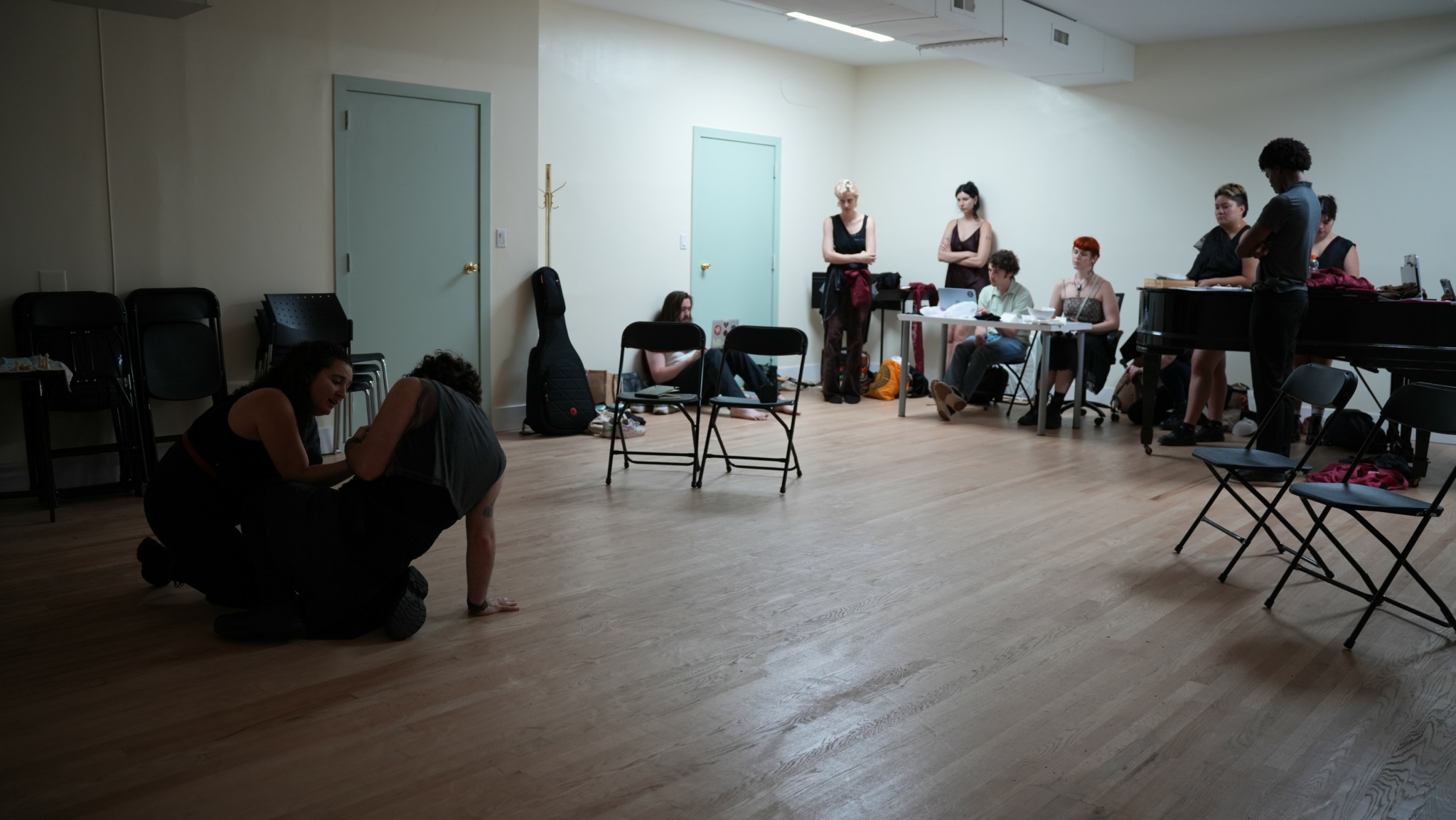
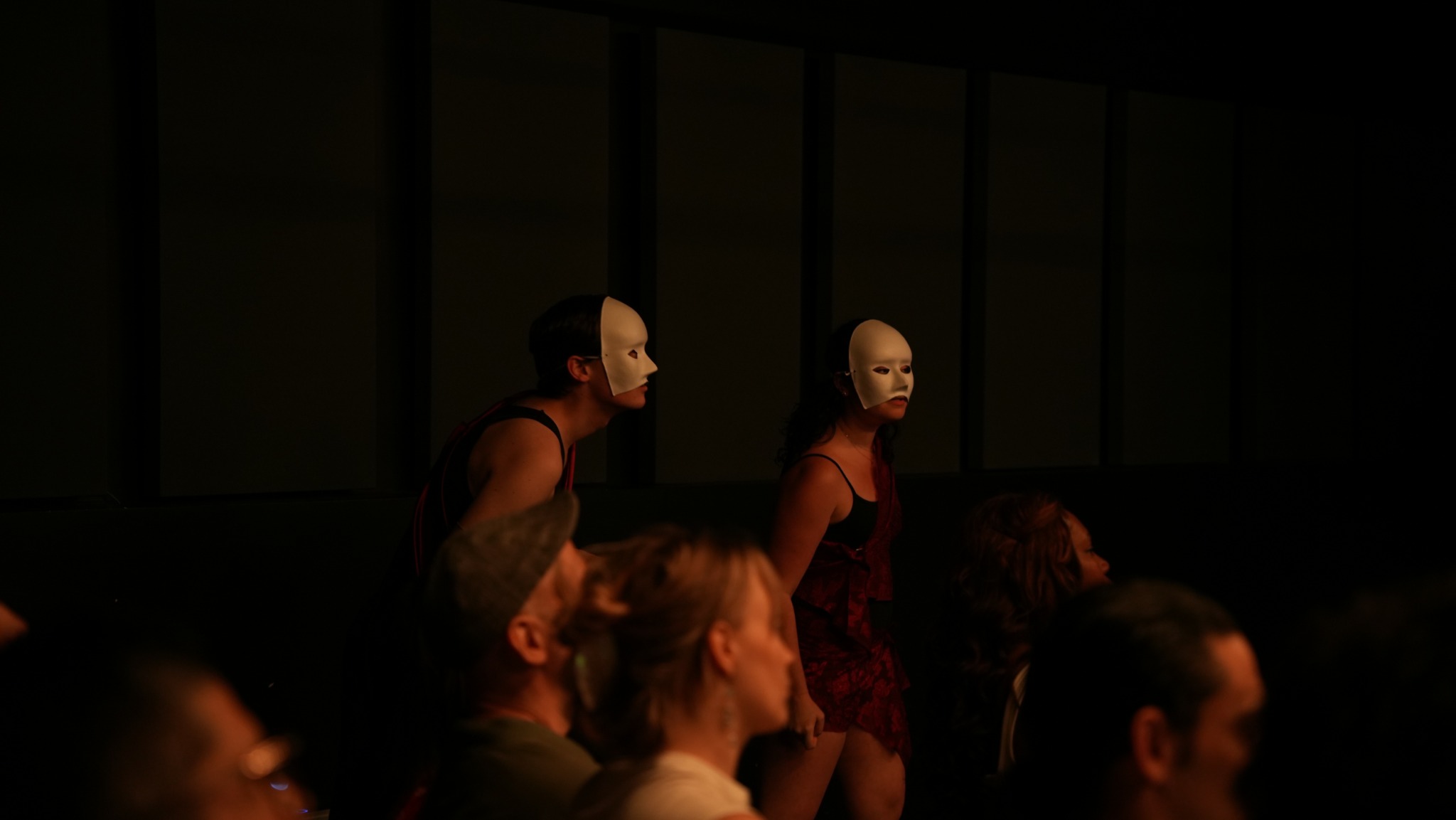
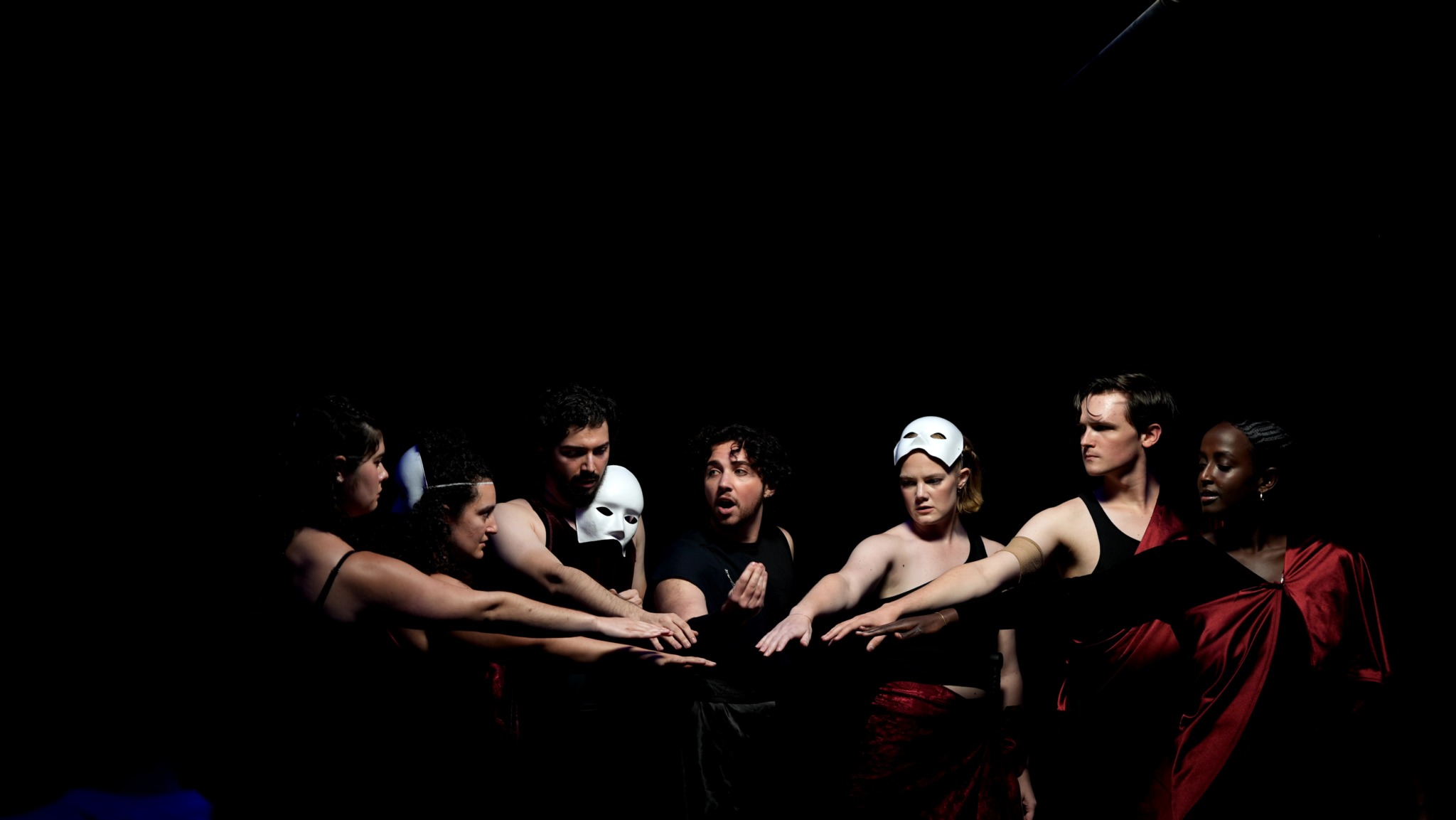
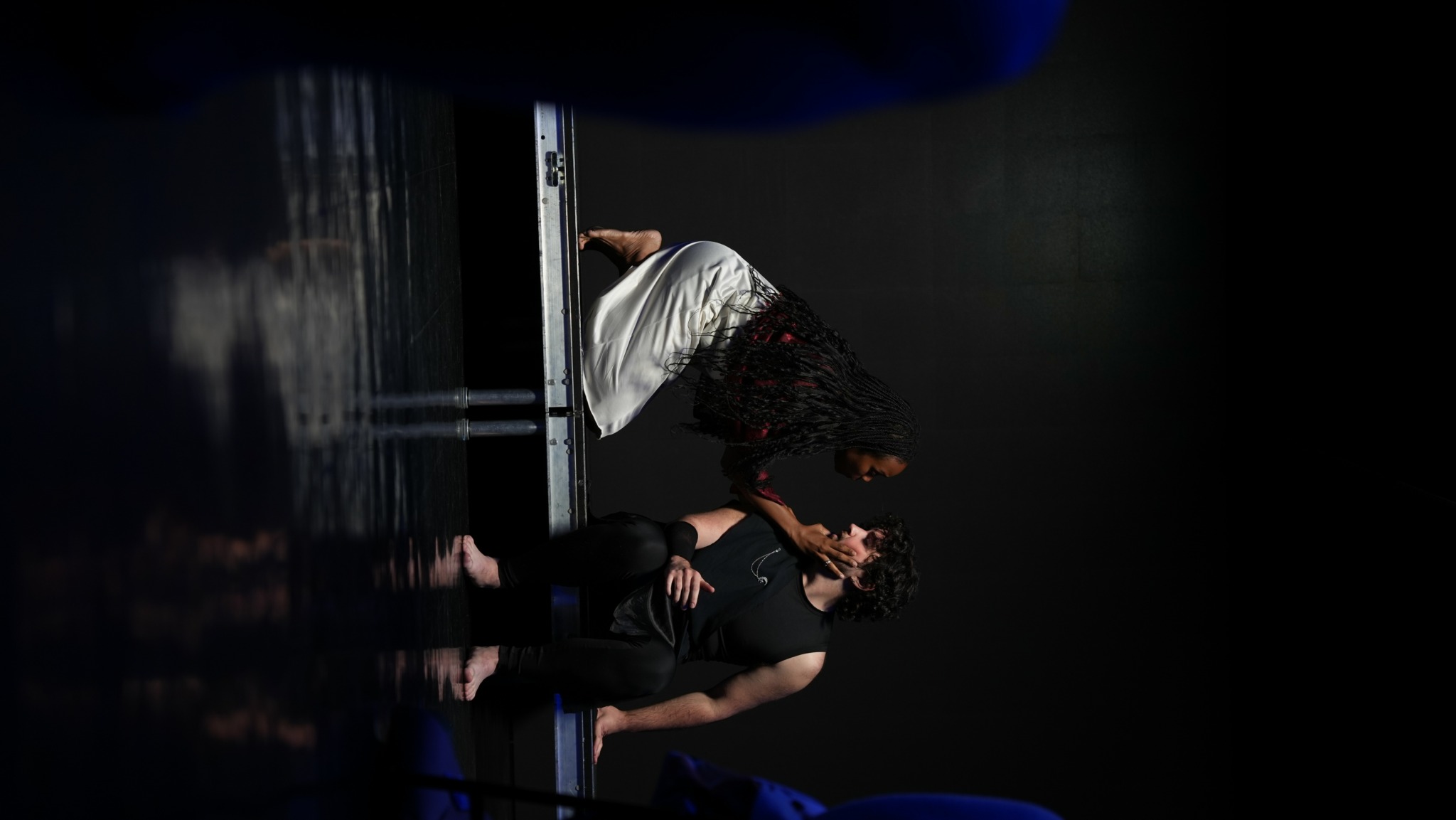
Image Credits
Photos by Sophie Sun


